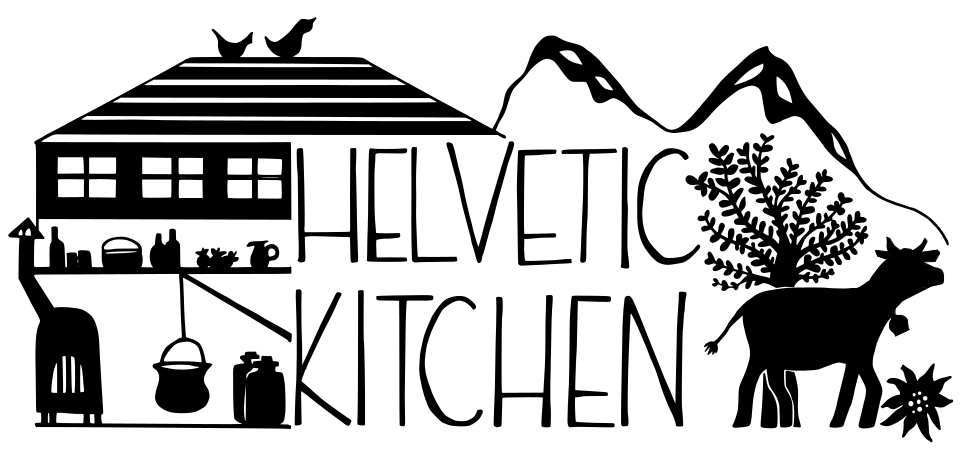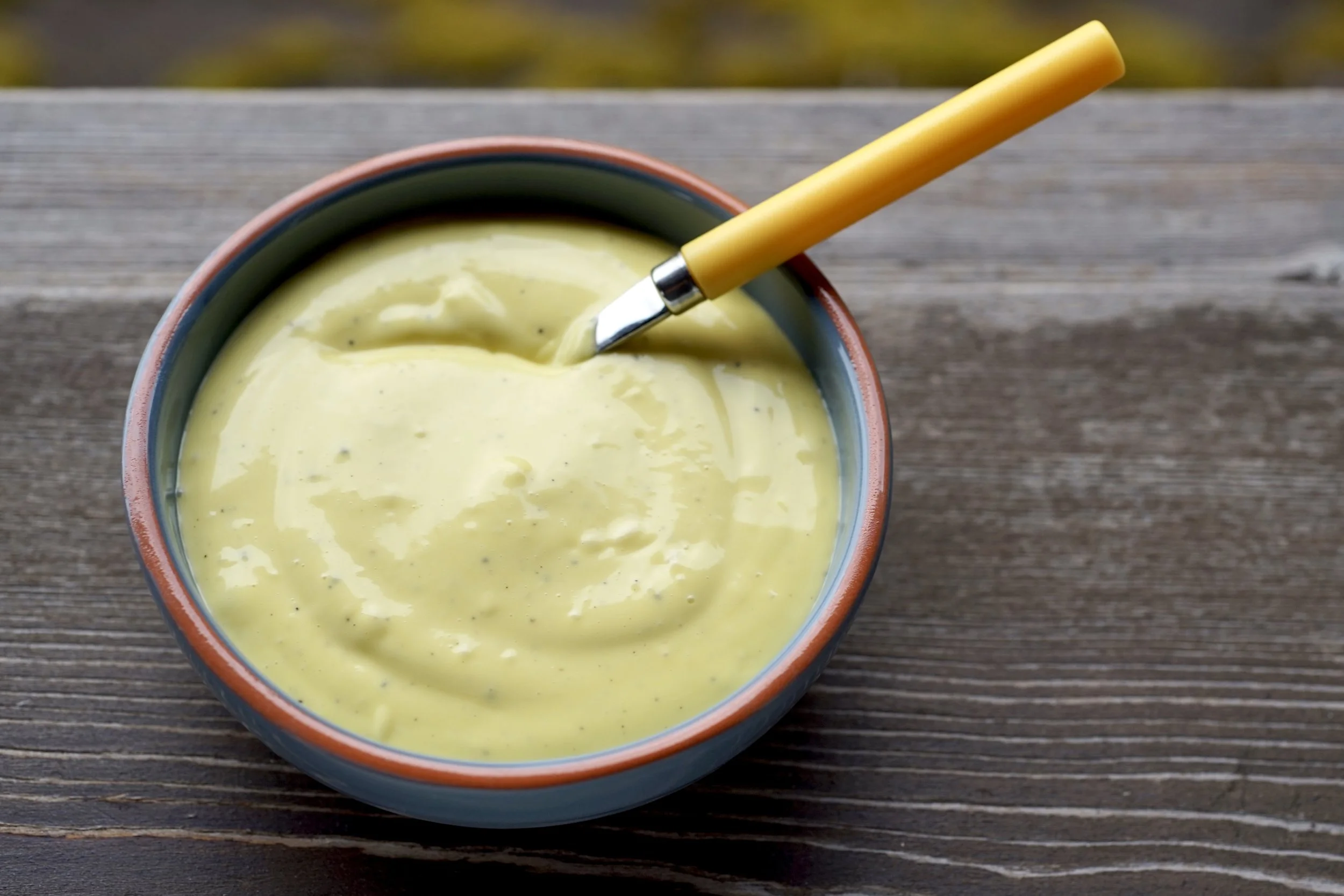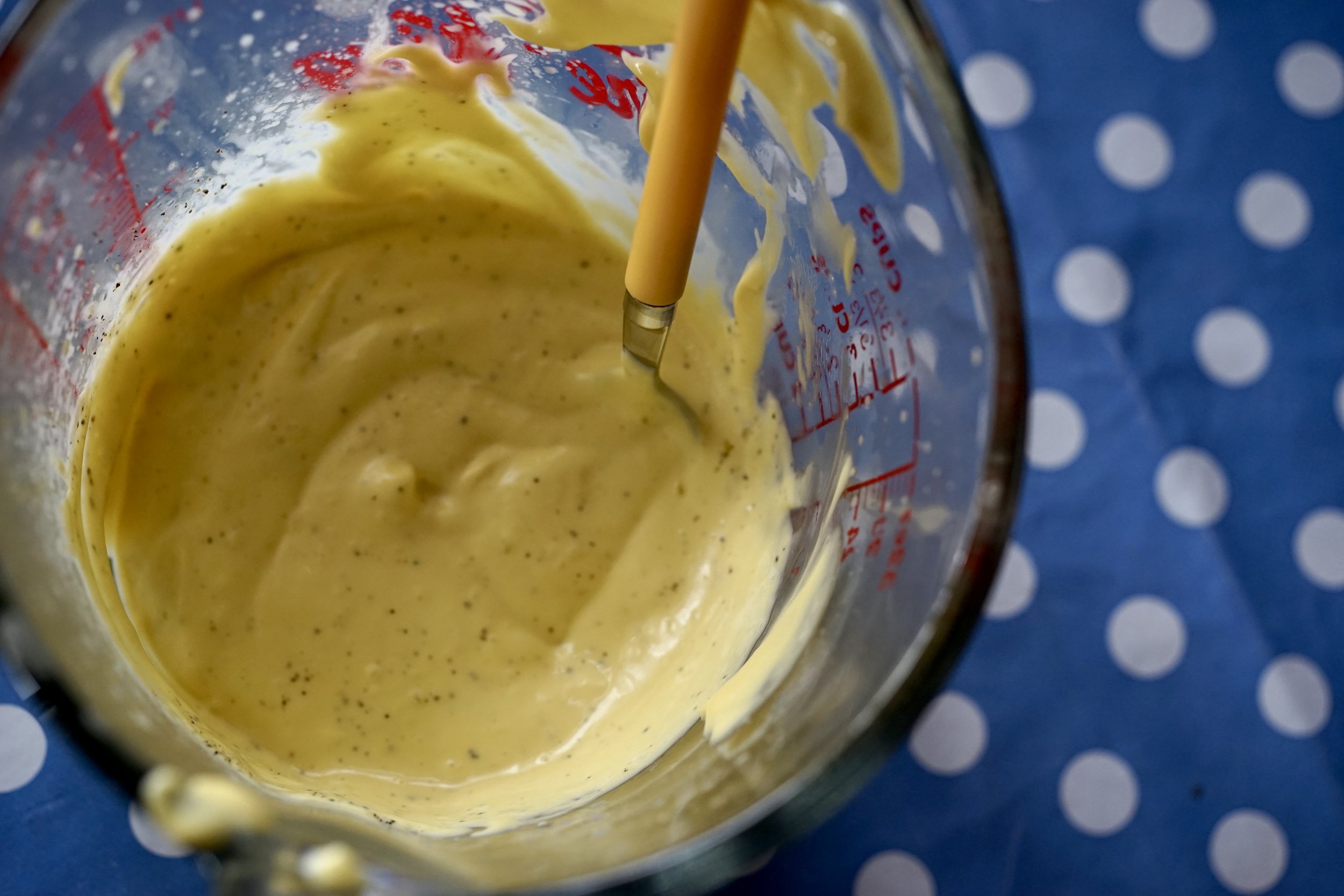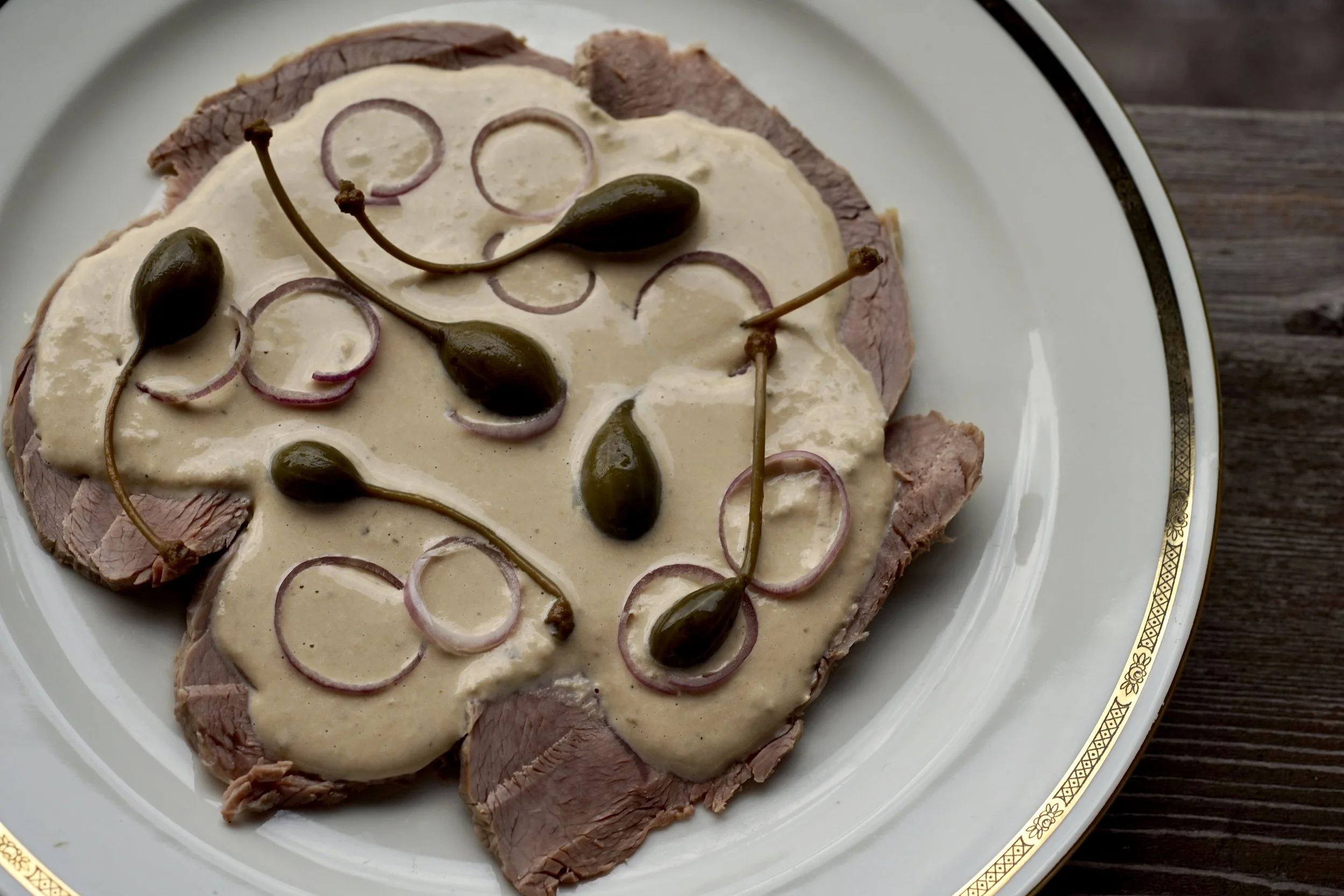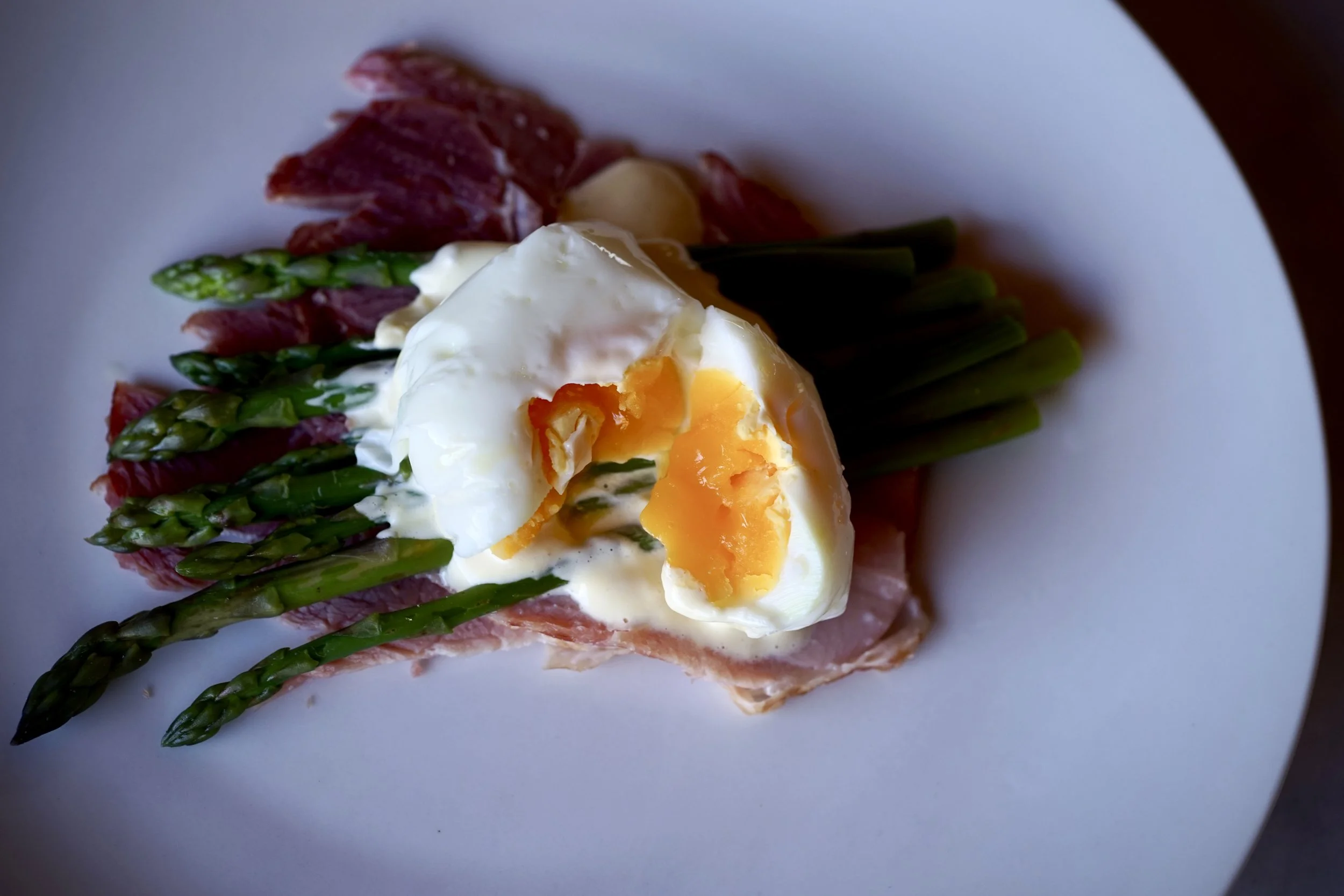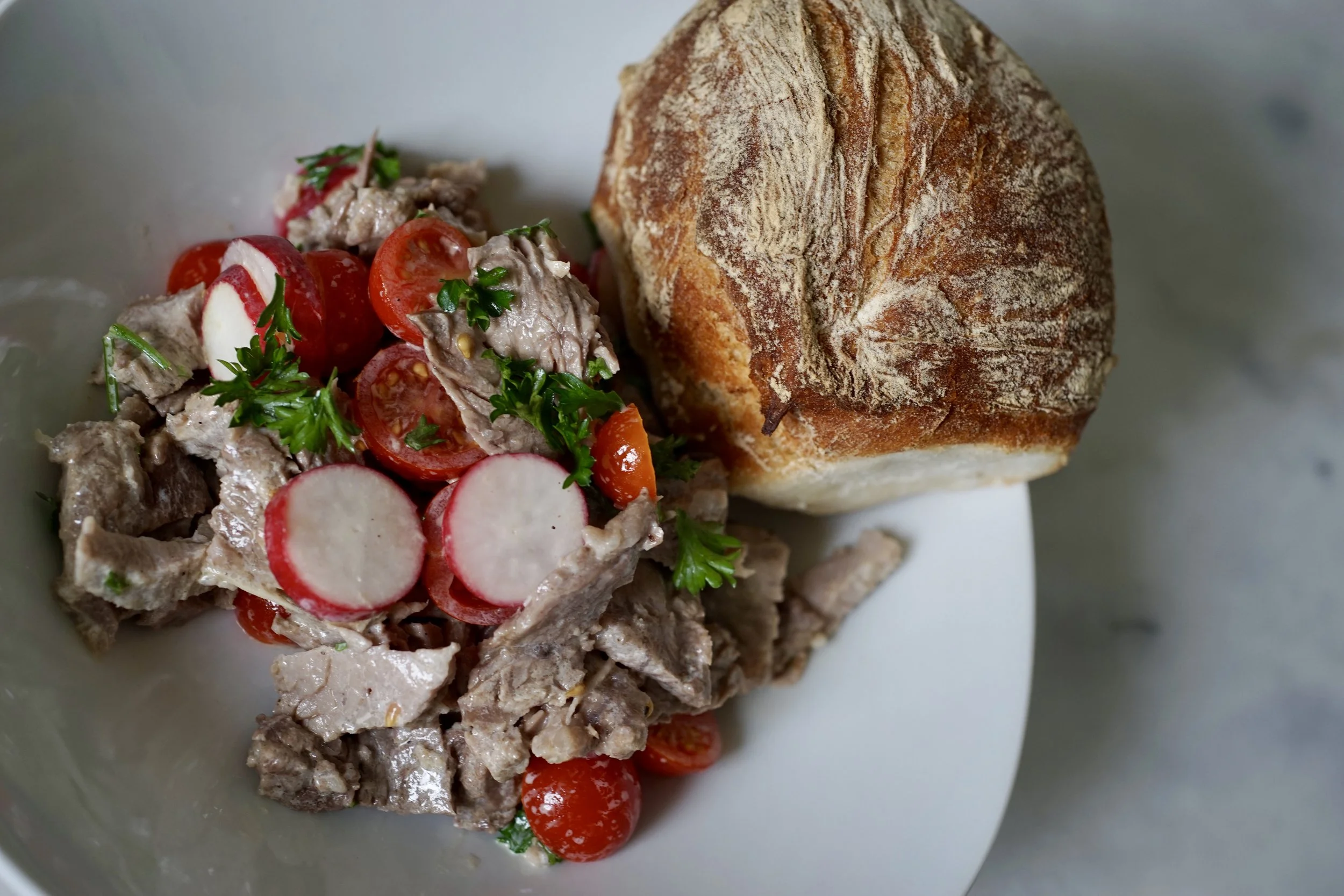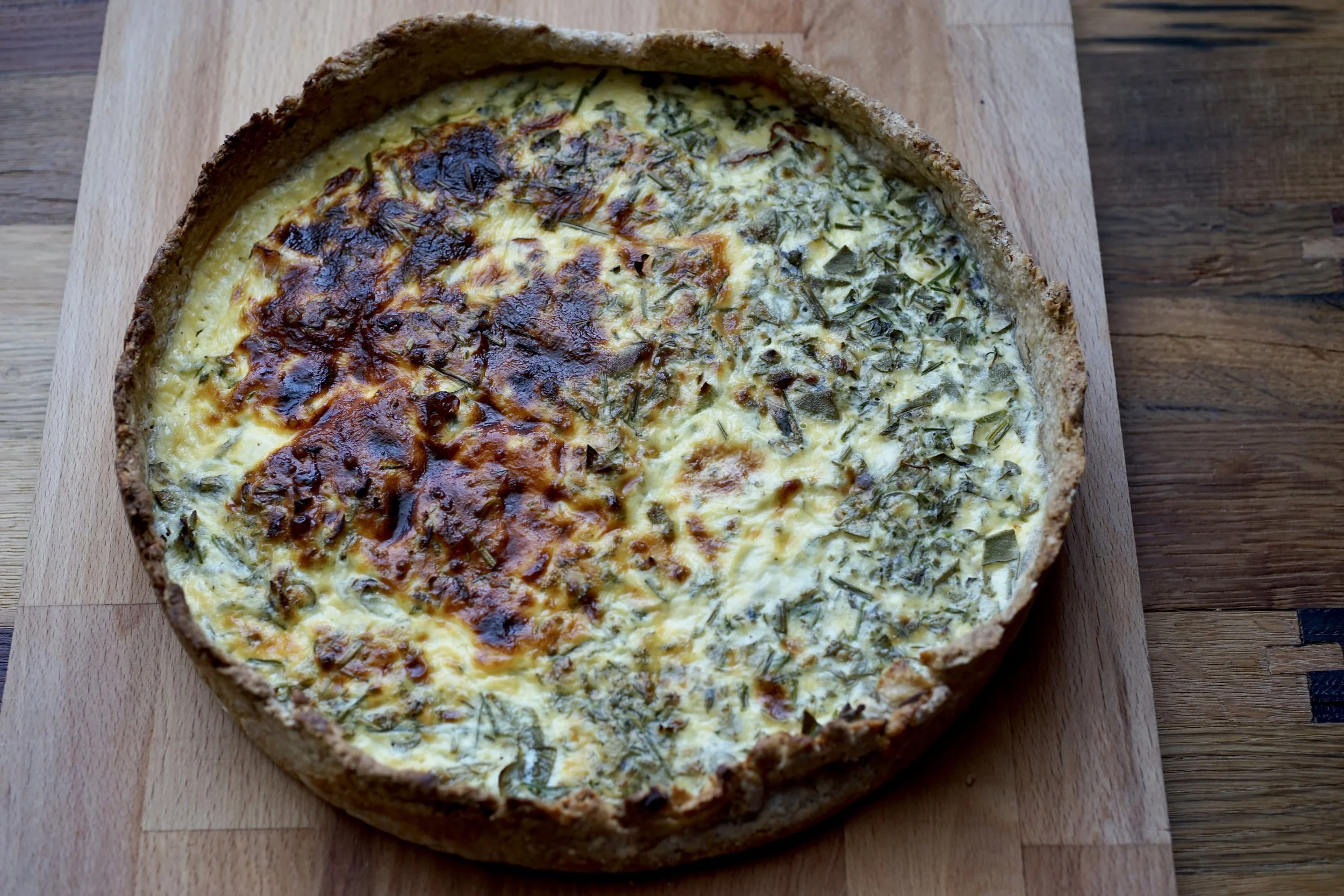Mayonnaise
When Sam took Swiss Home Ec, the students budgeted their menus, visited the supermarkets themselves, and made their meals according to their budget.
He was not allowed to use store bought mayonnaise and had to make his own from scratch.
His textbook was the classic recipe book Tip Topf, a standard for all Swiss classrooms. More on Tip Topf here.
Make your own Mayonnaise
The sauce chapter of Tip Topf details how to make your own mayonnaise, and it's this recipe that I typically use today.
I know it's much easier to buy a tube, but impossibly light, creamy, homemade mayo is not only more delicious, it's also surprisingly easy to make, especially with an immersion blender.
My post on Spargel und Schinkli also includes this Mayo recipe, plus some additional insight into Home Ec classes in Switzerland and Canada.
1 egg
salt
130 ml oil
1 tsp lemon juice
more salt and pepper to season
With an immersion blender or food processor:
Crack the egg into a tall bowl or measuring cup.
Using an immersion blender or food processor, blend the egg with the salt for a few minutes, until thick.
With the blender running continuously, pour the oil in a very slow stream. Keep blending until thick and creamy.
By hand:
Use just the egg yolk. Crack this into a tall bowl or measuring cup.
Whisk the egg with the salt for a few minutes, until thick.
While continuously whisking, drip the oil in drop by drop. Don't stop whisking, and don't add more than a dribble at a time or the mixture will not thicken.
Once all the oil is incorporated, blend in the lemon juice. Taste, and season with salt and pepper to your liking.
Keep refrigerated until use.
If you are making this by hand, use just the yolks.
Canola, sunflower, or groundnut oils are a good choice. You can also mix oils, adding the last 30 ml as oilve oil.
You can add different flavourings to your mayo like a teaspoon of dijon mustard or chopped garlic.
If necessary, replace raw eggs with pasteurized.
Makes about 170 g mayonnaise.

